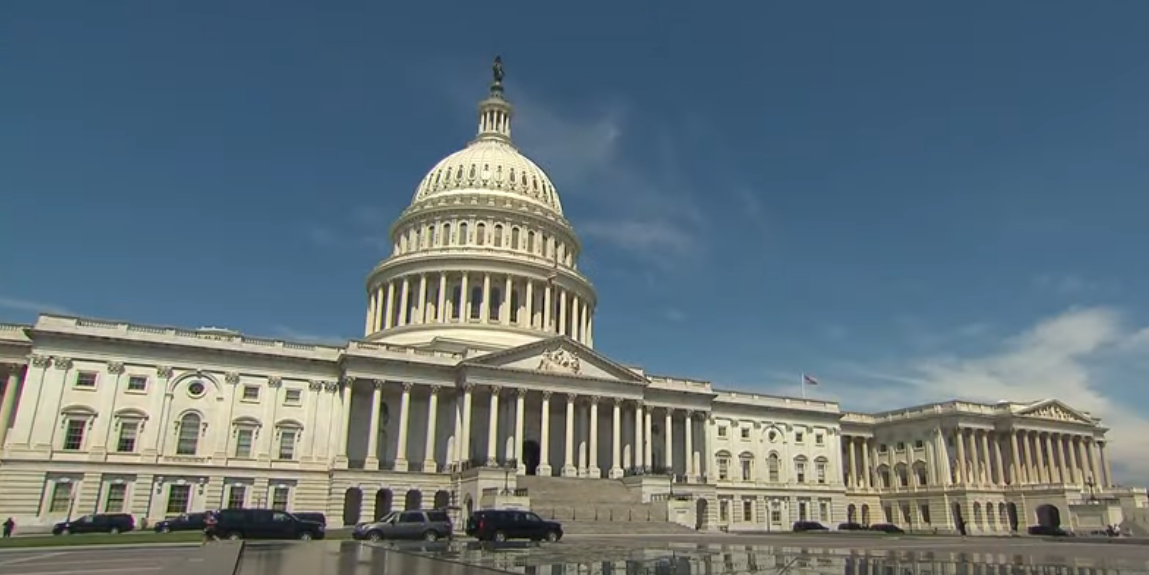As the clock ticks down, lawmakers on Capitol Hill find themselves in a race against time to prevent a partial government shutdown scheduled for Saturday morning. The looming funding deadlock has prompted President Joe Biden to convene negotiations with congressional leaders to avert a potential crisis.
With just five days left until the deadline, the specter of a partial government shutdown hovers over Washington, D.C. If Congress fails to secure a funding deal, a portion of the government will grind to a halt on Saturday. The repercussions of such a shutdown would be far-reaching, affecting various federal agencies and services.
In response to the impending crisis, President Joe Biden has taken a proactive stance by calling a meeting with congressional leaders. The aim is to navigate through the funding impasse and reach a consensus that prevents a partial government shutdown. The negotiations come at a crucial time, with bipartisan cooperation needed to pass legislation before the looming deadline.
NBC News correspondent Julie Tsirkin provides insights into the unfolding situation, emphasizing the urgency of the negotiations. Lawmakers are under increasing pressure to devise a funding solution that averts the imminent shutdown. Tsirkin highlights the complexity of the task at hand and underscores the need for swift and decisive action from Congress.
The urgency surrounding the current partial government shutdown threat is compounded by the fact that lawmakers also face a potential full government shutdown by March 8. While the focus remains on immediate funding concerns, the broader challenge of securing a more comprehensive budget deal looms on the horizon.
One of the critical challenges faced by lawmakers is the absence of ready-to-vote bills. As the deadline approaches, the lack of prepared legislation raises concerns about the ability of Congress to swiftly pass the necessary funding measures. The urgency is further underscored by the potential cascading effects on government functions and services.
The current state of affairs on Capitol Hill underscores the ongoing challenges faced by lawmakers in reaching bipartisan agreements on crucial funding issues. The imminent partial government shutdown, set to take effect on Saturday, raises alarms about the potential disruptions to essential services and federal agencies.
President Biden’s proactive approach in convening negotiations with congressional leaders reflects the gravity of the situation. The need for bipartisan cooperation is paramount as lawmakers grapple with finding common ground to pass funding measures before the looming deadline.
NBC News’ Julie Tsirkin sheds light on the high-stakes nature of the negotiations, emphasizing the tight timeframe within which lawmakers must act. The absence of ready-to-vote bills adds an additional layer of complexity, heightening concerns about Congress’s ability to address the funding deadlock swiftly.
The dual challenge of averting an immediate partial shutdown while also considering the potential for a full government shutdown by March 8 underscores the broader fiscal crisis at hand. Lawmakers must navigate through these intricate issues to ensure the uninterrupted functioning of the government and vital services.
As the countdown to the funding deadline continues, the eyes of the nation remain on Capitol Hill, waiting to see whether lawmakers can overcome their differences and pass the necessary legislation to avert a government shutdown.



